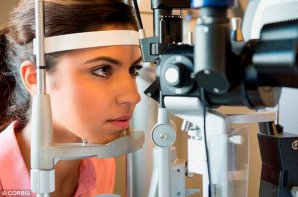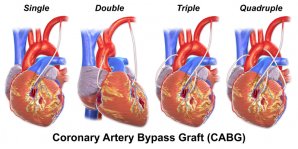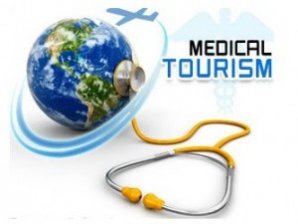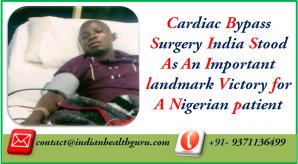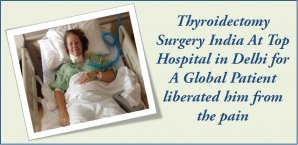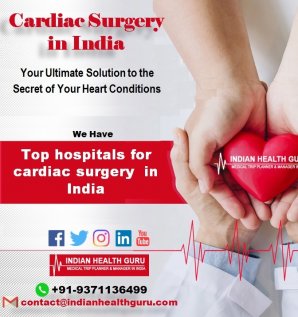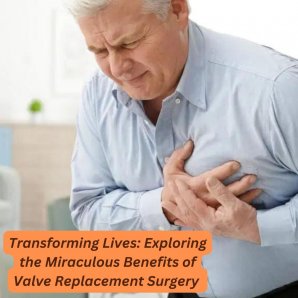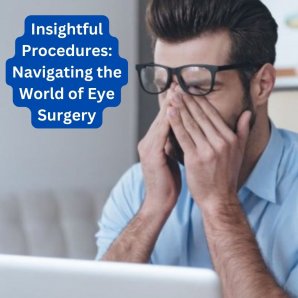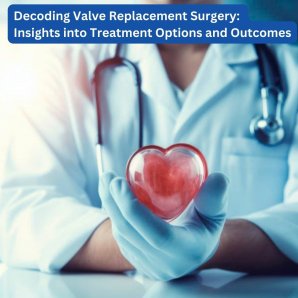
The Future of Valve Replacement Surgery: Advancements on the Horizon
Introduction: Valve Replacement
Heart valve replacement is a critical medical procedure that involves replacing damaged or diseased heart valves with new ones. The heart valves play a crucial role in regulating blood flow through the heart, and when they become damaged or diseased, they can compromise the overall function of the heart. Heart valve replacement is often necessary to restore proper heart function and prevent potentially life-threatening complications. While the procedure is complex and requires skilled medical professionals, it can greatly improve the quality of life for patients with heart valve issues.

Valve Replacement benefits/advantages
Valve replacement offers numerous benefits and advantages, particularly in the context of heart valve replacement.
- Improved Heart Function: One of the most significant benefits of heart valve replacement is improved heart function. Replacing damaged or diseased heart valves can restore normal blood flow through the heart and improve overall cardiac function.
- Symptom Relief: Heart valve problems can cause a range of symptoms, including shortness of breath, chest pain, and fatigue. Valve replacement can alleviate these symptoms and improve the patient's quality of life.
- Increased Life Expectancy: Valve replacement can help extend the life expectancy of patients with heart valve issues. Studies have shown that valve replacement can significantly reduce mortality rates in patients with severe valve disease.
- Minimally Invasive Options: In recent years, there have been significant advancements in minimally invasive valve replacement techniques. These options can reduce recovery time, minimize scarring, and reduce the risk of complications.
- Improved Quality of Life: Heart valve issues can greatly impact a patient's quality of life, limiting their ability to perform daily activities and engage in physical exercise. Valve replacement can improve these limitations and allow patients to resume their normal activities.
What Is The Best Treatment For A Heart Valve?
The best treatment for a heart valve depends on the specific condition and severity of the valve problem. In some cases, medication may be sufficient to manage the condition, while in others, surgical intervention may be necessary. For less severe valve problems, medications such as diuretics, blood thinners, and beta-blockers may be used to manage symptoms and prevent complications. However, these medications do not address the underlying valve problem and are not a permanent solution. In cases of severe valve disease, valve replacement surgery is often the best treatment option. During the procedure, the damaged valve is removed and replaced with either a mechanical or biological valve. Mechanical valves are durable and long-lasting, but require lifelong use of blood thinners to prevent blood clots. Biological valves are made from human or animal tissue and do not require lifelong use of blood thinners, but may need to be replaced over time. In recent years, minimally invasive techniques for valve replacement have become more common. These procedures involve smaller incisions, reduced recovery time, and fewer complications compared to traditional open-heart surgery.
What Precaution Do I Need?
After valve replacement surgery, it is important to take certain precautions to ensure a smooth and successful recovery. Here are some general precautions that patients should follow:
- Follow Your Doctor's Instructions: The most important precaution after valve replacement surgery is to follow your doctor's instructions carefully. This includes taking medications as prescribed, attending follow-up appointments, and following any dietary or activity restrictions.
- Monitor Your Incision Site: It is important to keep the incision site clean and dry to prevent infection. Monitor the site for signs of infection such as redness, swelling, or drainage, and contact your doctor if you notice any of these symptoms.
- Avoid Strenuous Activities: While it is important to stay active after surgery, it is also important to avoid strenuous activities that could strain your incision site or put stress on your heart. Your doctor will provide guidance on when it is safe to resume normal activities.
Conclusion
In summary, Valve replacement is an important process that should not be taken lightly. It is crucial to identify when a valve needs to be replaced, select the right replacement valve, and install it correctly to ensure optimal performance and prevent system failures. If you are not comfortable performing valve replacement yourself, it is always a good idea to hire a professional service to perform the replacement for you. By following these guidelines, you can ensure that your system operates correctly and efficiently for years to come.







